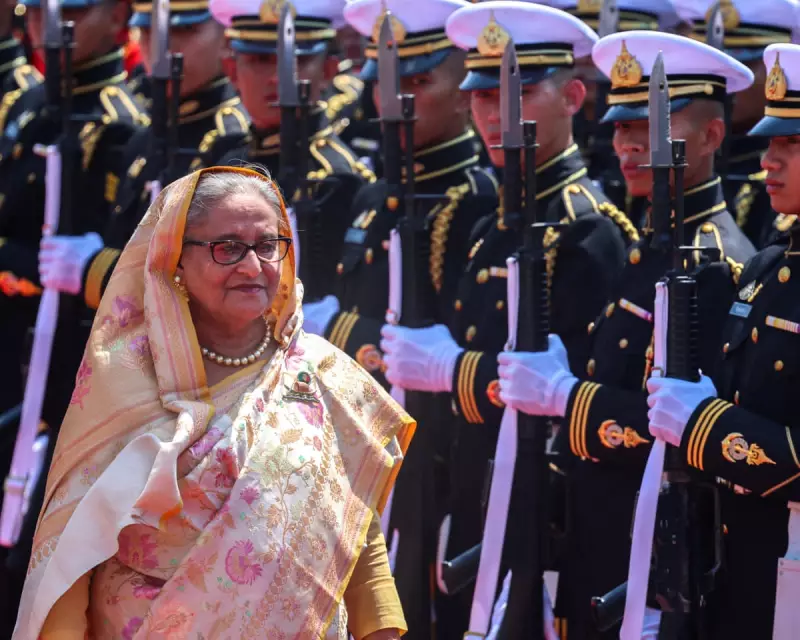
Bangladesh's former Prime Minister Sheikh Hasina has been convicted of crimes against humanity by a special court in Dhaka, while living in exile under India's protection. The verdict marks a dramatic fall from power for the leader who ruled the country for 15 years.
The Verdict and Charges
A three-judge bench at Bangladesh's international crimes tribunal delivered what they described as a 'much-awaited judgment' against the deposed leader. Justice Golam Mortuza Mozumder, reading the verdict to a packed courtroom, stated that Hasina committed crimes against humanity by ordering the use of drones, helicopters and lethal weapons against anti-government protesters.
The tribunal found her guilty on multiple counts including murder, extermination, torture and other inhumane acts. The charges stem from her government's violent response to what began as a student movement but escalated into a nationwide uprising against her authoritarian rule.
Exile and Defiance
Hasina has been living in exile in neighbouring India since fleeing Bangladesh in August last year, following the protests that evolved into the 'July revolution'. The Indian government has consistently ignored requests for her extradition to face trial.
In an audio message recorded before the verdict, Hasina remained defiant, calling the tribunal a 'politically motivated charade' and stating: 'Let them announce whatever verdict they want. It doesn't matter to me. Allah gave me this life, and only he can end it. I will still serve my people.'
Violent Crackdown and Political Fallout
The prosecution of Hasina has been a core promise of the interim government led by Nobel laureate Mohammad Yunus, who was appointed to lead the country by protest leaders last year. Chief prosecutor Mohammad Tajul Islam built the case that culminated in this landmark verdict.
According to UN human rights office estimates, up to 1,400 people were killed during the uprising - representing the worst political violence in Bangladesh since its 1971 independence war. Human rights organisations and the UN had previously documented numerous allegations of corruption, torture and enforced disappearances during Hasina's 15-year rule.
Security was dramatically tightened across Dhaka ahead of the verdict, with police, army and paramilitaries cordoning off the tribunal area. The city's police issued a 'shoot-on-sight' order for anyone found hurling crude bombs or setting fire to vehicles, reflecting concerns about potential unrest following the decision.





